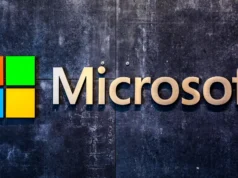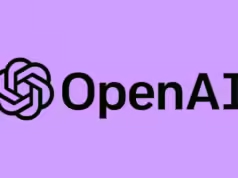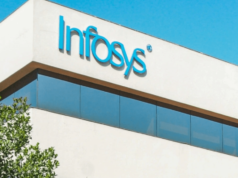Satya Nadella, the CEO of Microsoft, has acknowledged that he has a disturbing notion that keeps him up at night: what if the computer giant fails to survive the AI revolution? During an employee-only town hall, he made his open disclosure after an innocent question about workplace culture led to a rare moment of vulnerability from the boss.
Nadella, who has led Microsoft into its current AI-driven renaissance, acknowledged that the company’s largest and most lucrative endeavors might not be as significant in the future. According to The Verge, he told staff last week that “some of the biggest businesses we’ve built might not be as relevant going forward.”
A specter of the past of technology
The CEO cited Digital Equipment Corporation (DEC), a well-known cautionary tale from Silicon Valley’s history. Early in the 1970s, DEC was a major force in computing, but it lost its appeal when it couldn’t keep up with new developments, especially the Reduced Instruction Set Computing (RISC) architecture.
There are numerous examples of businesses in our sector that were once very successful but have since vanished. One in particular, DEC, haunts me,” Nadella acknowledged. He disclosed that his first computer was a DEC VAX, and he had previously fantasized of working there, thus the reference also had a personal sting.
He pointed out that Microsoft ended up reaping unanticipated benefits from DEC’s downfall. He recalled that “some of the people who contributed to Windows NT came from a DEC lab that was laid off,” highlighting the ways in which industry crises frequently transfer talent between companies.
Cultural sensitivity
When a UK-based employee noted that Microsoft felt “markedly different, colder, more rigid, and lacking in the empathy we have come to value,” the topic of corporate mortality came up. The criticism was courageous, and Nadella did not brush it off. Rather, he acknowledged that the emotion was accurate and pledged to consider how leadership could improve.
That inquiry and the emotion behind it are greatly appreciated. According to an audio clip that CNBC was able to obtain, he told the crowd, “I take it as feedback for me and everyone in the leadership team, because at the end of the day, I think we can do better, and we will do better.”
In addition to addressing the market’s AI-driven uncertainties, Nadella recognized that the corporation had to foster an atmosphere where workers feel encouraged, appreciated, and heard. After all, surviving in a rapidly changing sector depends as much on retaining your workforce as it does on winning technology fights.
The CEO’s candor acted as a rallying cry and a warning. His message is that unless a corporation continuously adjusts, irrelevance will always lurk, regardless of how tall it may appear. Microsoft also needs to be on guard in this new AI-powered environment or DEC could disappear despite its early supremacy.
However, Nadella’s remarks also highlighted the emotional strain of running a business with such a past. He seems eager to find a balance between leading Microsoft into the future and reestablishing trust with its employees, despite being haunted by the demise of previous titans and confronted by internal worries.
The lesson for staff members was unmistakable: even the most assured CEOs had reservations, particularly when the stakes are as high as surviving the AI revolution. Additionally, Nadella is constantly reminded of the lesson from DEC: although innovation may keep Microsoft ahead, empathy will keep it united.







